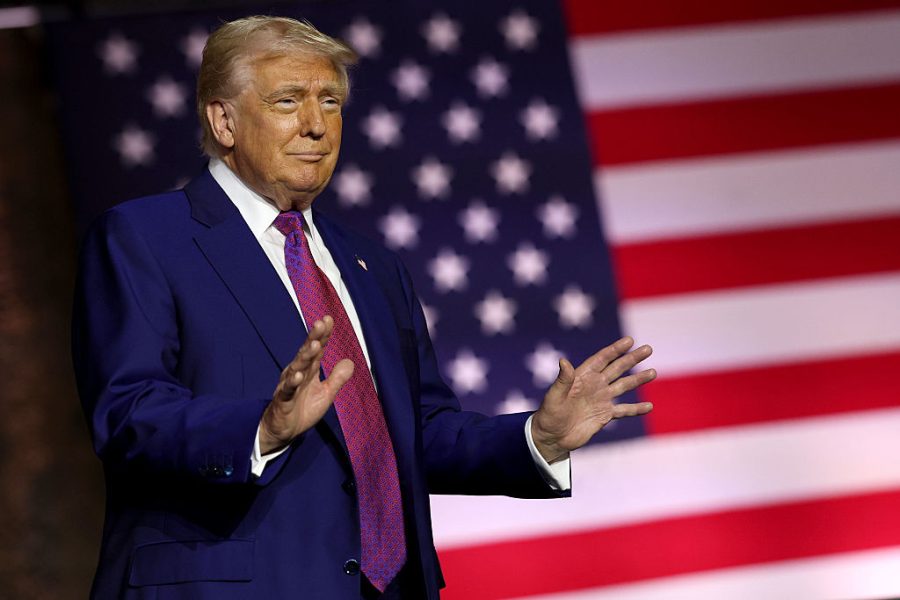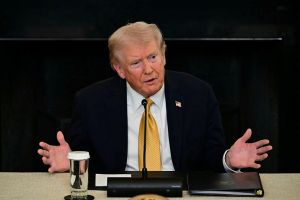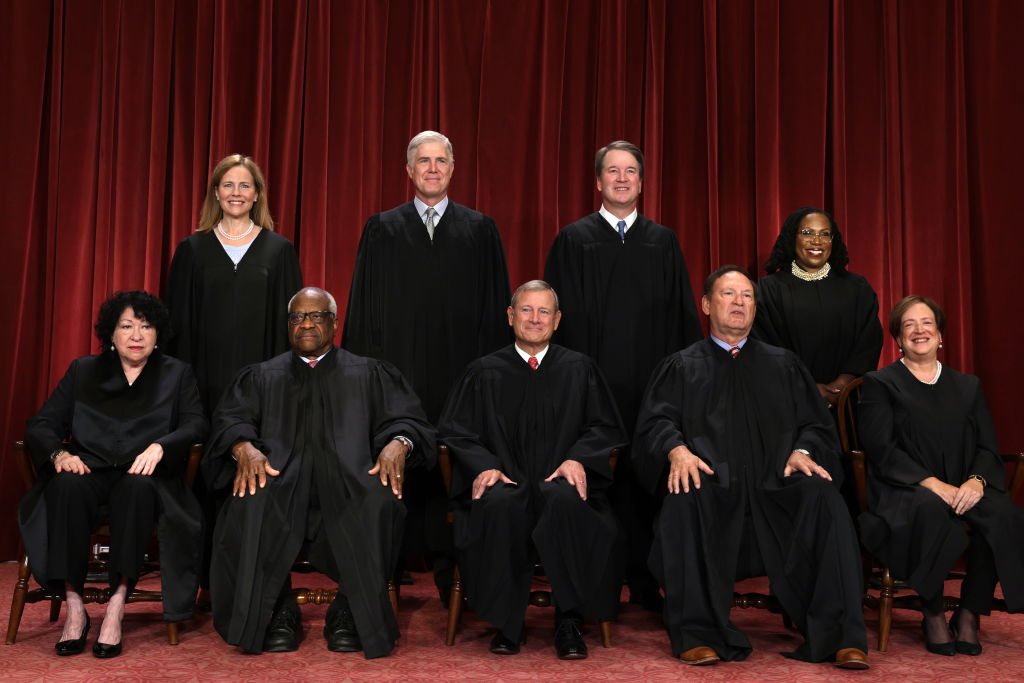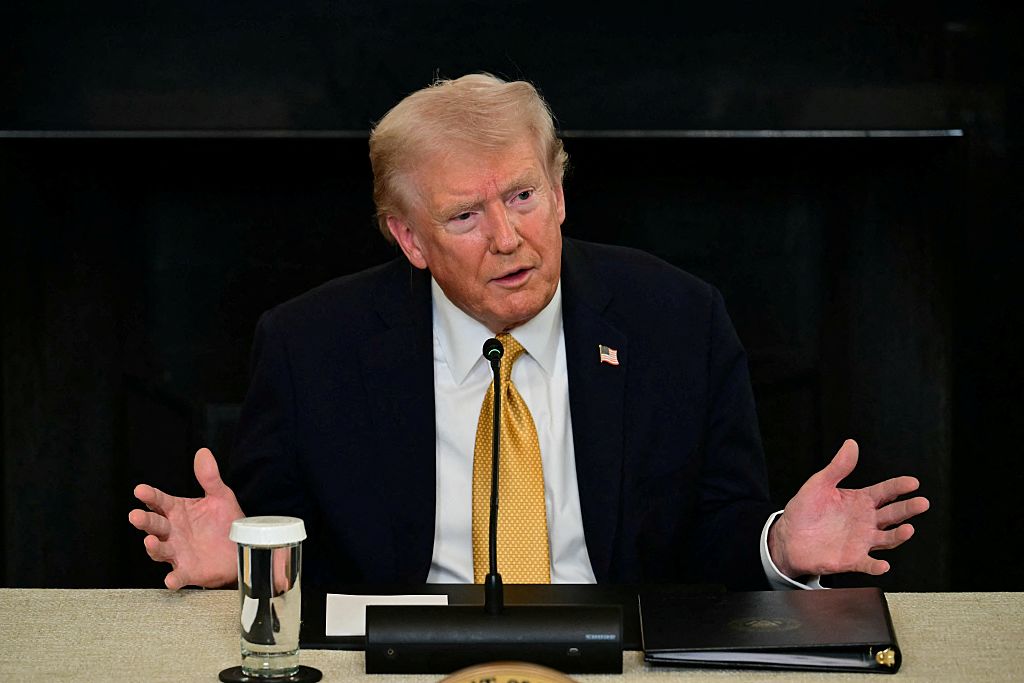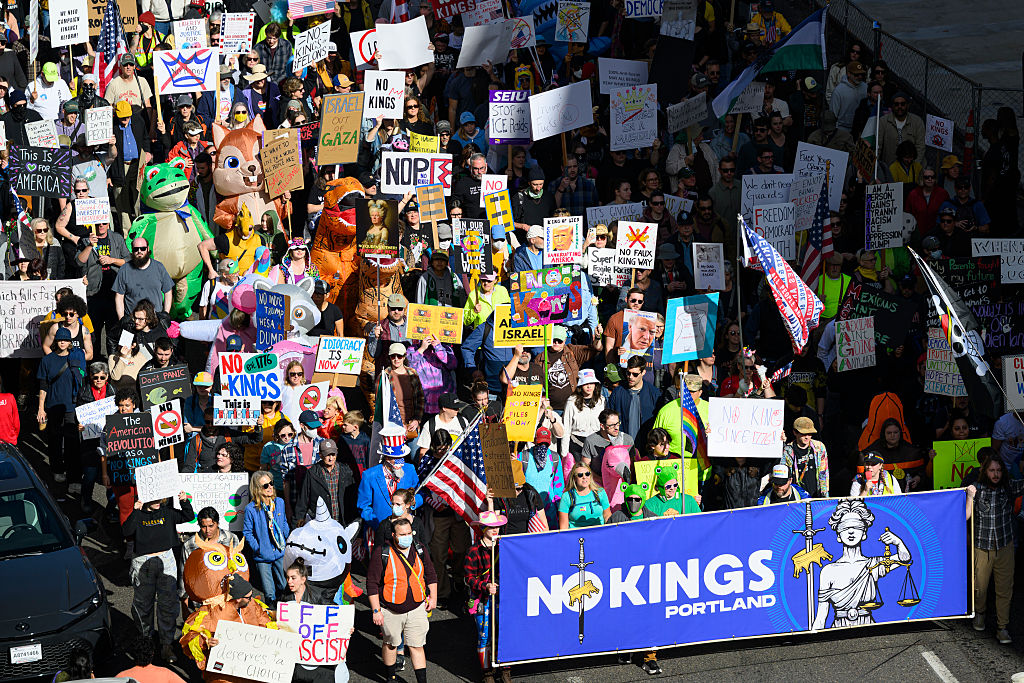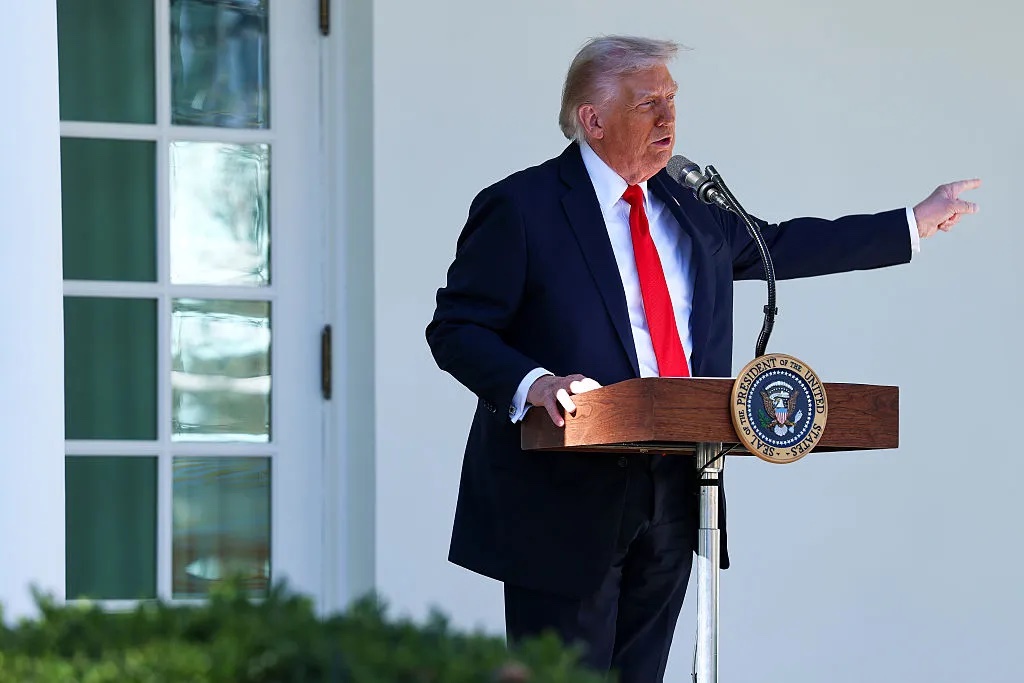For clues as to where US policy towards Beijing goes next, look beyond Donald Trump’s chaotic and erratic tariffs and focus instead on the small print of the US-UK draft trade deal. It has a clear message: that if you want to do business with Washington, keep China at bay.
The agreement itself doesn’t quite put it that way. It doesn’t need to. Instead, there are broad pledges to cooperate and coordinate on “the effective use of investment and security measures, export controls, and ICT [information and communications technology] vendor security,” and “to address non-market policies of third countries” – all tailor-made for China, even if the country is not mentioned by name. It is even more significant because the UK agreement is being touted as a template for those the US is seeking to strike with others.
That explains why Beijing is so rattled, its foreign ministry telling the Financial Times it was a “basic principle” that agreements between countries should not target other nations, and that “co-operation between states should not be conducted against or to the detriment of the interests of third parties.” Earlier, before the weekend tariff war truce between China and the US, China’s commerce ministry warned any country striking trade deals at its expense that it “will take countermeasures in a resolute and reciprocal manner.”
That is, of course, rank hypocrisy. Beijing routinely strong-arms countries and companies over trade, investment and market access. For instance, when Lithuania allowed Taiwan to open a diplomatic presence in Vilnius using its own name, Beijing launched a trade embargo against the Baltic state that also included threatening multinational companies that sourced their components from Lithuania. More recently, Beijing has urged Chinese companies to purge foreign-made goods from their own supply chains.
Beijing’s reaction to the US-UK deal is a measure of its concern that despite the 90-day suspension of crippling tariffs, Washington remains not only intent on shaking up international high-tech supply chains, locking China out from the most sensitive areas, but is seeking to bring allies and trading partners into line via trade deals.
President Xi Jinping has sought to capitalize on Trump’s tariff chaos by presenting himself as a champion of free trade and globalization in the face of the Trump wrecking ball. He has called for “unity” against Washington. The problem Xi faces is that while Trump is undoubtedly hemorrhaging trust, China never enjoyed much trust in the first place, especially among the large ranks of countries who have long experience of Beijing’s coercion.
Britain is in an especially difficult position because Keir Starmer’s government has publicly committed to re-engaging with China. Chancellor Rachel Reeves and Energy Secretary Ed Miliband are among those who have traveled cap in hand to Beijing in search of investment. They have been accused of recklessly ignoring the security risks inherent in blindly embracing investment from an increasingly hostile China, such as those in renewable technologies. And the recent British Steel debacle, when the company’s opaque Chinese owner was accused of trying to shut down the Scunthorpe plant by sabotaging its blast furnaces, also brought the dangers sharply into focus.
The speed at which the US-UK trade pact was negotiated has been credited to Starmer bringing in diplomatic heavy-hitters, such as Peter Mandelson as ambassador in Washington and Jonathan Powell as national security advisor. Intriguingly, both had China links during their periods out of government. Global Counsel, a lobbying firm founded by Mandelson was the go-to destination for Chinese firms seeking to navigate Britain’s political and economic landscape. Both men are fellows of the 48 Group Club, whose stated mission is to “connect China to the world” and which enjoys close relations with the Chinese communist party, lobbying energetically on China’s behalf.
With their experience in and out of government, they cannot have been unaware of the significance of the security provisions in the US-UK trade pact and how these conflict with Starmer’s China policy. Perhaps they are gambling that, like the sky-high tariffs themselves, they will be put to one side. That seems unlikely. It should be remembered that when Britain locked Huawei, China’s national tech champion, out of Britain’s 5G network on security grounds, it was not because then prime minister Boris Johnson realized the danger the company posed, but because of pressure from America, which warned that leaving Huawei in place would endanger security cooperation.
The policy of shaking up supply chains, keeping China out of the most sensitive, and curtailing its access to cutting-edge western technology is a more deep-seated American policy than the drama over tariffs. It enjoys strong partisan support in Washington. It is also common sense, and it should not take American pressure – and a new trade pact – for the Starmer government to see the dangers in cozying up to China.



